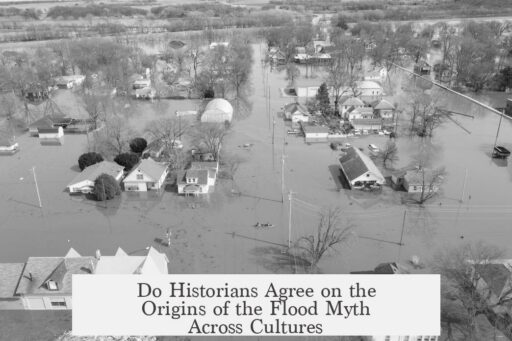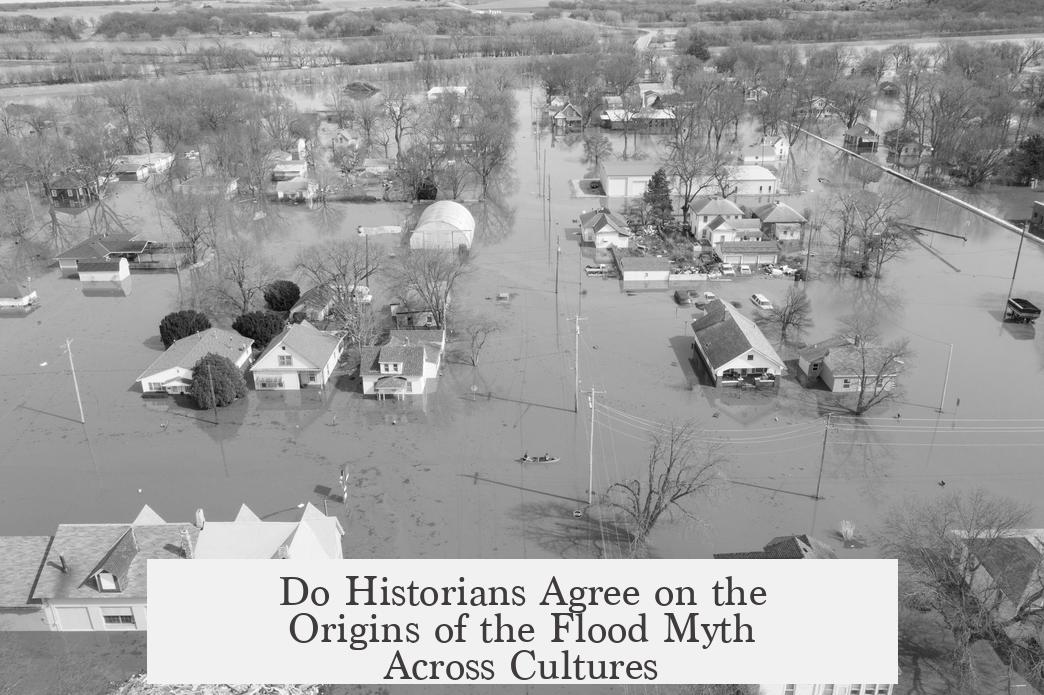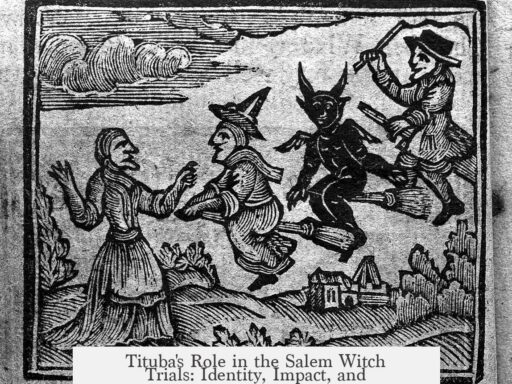Historians do not have a consensus on the origin of the ‘Flood Myth’. While many cultures feature flood stories, evidence shows no single global flood event inspired all these legends. Instead, flood narratives likely developed independently or spread selectively through cultural contact.
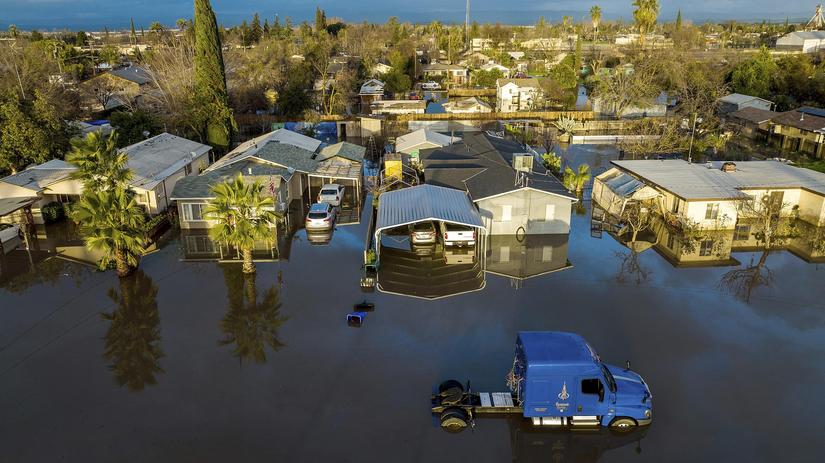
One key point is the existence of an early flood tale in Mesopotamia, which influenced nearby regions. However, the widespread idea of a universal flood myth largely arose much later. This diffusion connected with Christian missionary activity in the 16th century, blending with local myths. Some readers mistakenly view this as proof of a shared ancient source, but the evidence does not support a single global flood event.
Scientific research finds no proof of a unique “Great Flood.” Flood stories differ significantly between cultures and rarely align closely in detail. Many interpretations attempting to link these myths exaggerate similarities or connect unrelated stories. Human societies naturally create legends for various reasons beyond direct historical events.
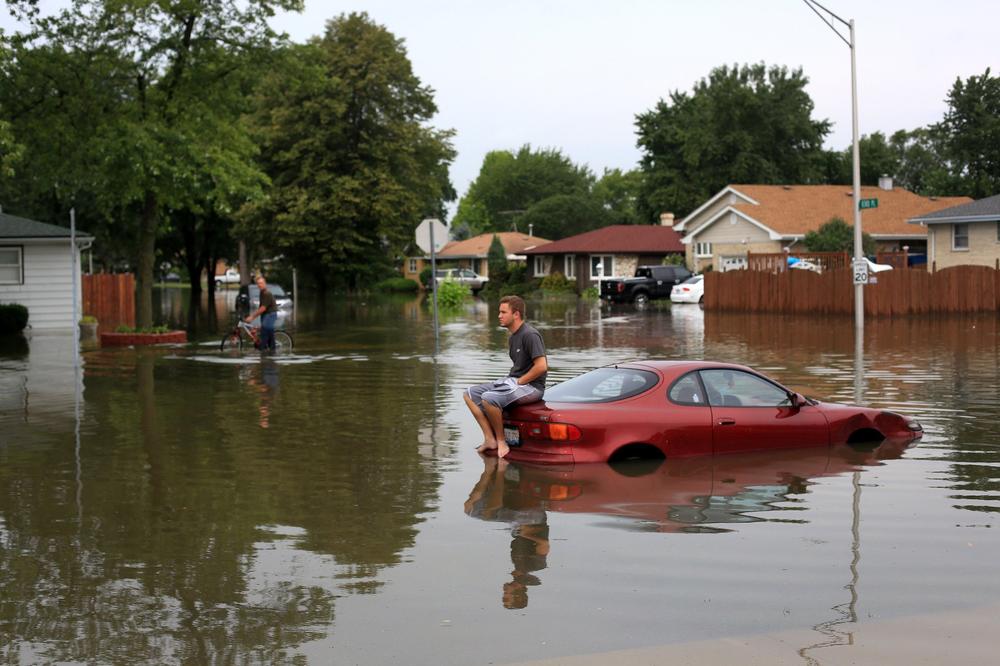
It is true some communities have experienced significant floods, which could inspire local flood stories. Still, many legends exist without any known event basis. Linking every flood myth directly to actual floods is problematic without additional evidence. Stories often serve cultural, moral, or religious functions rather than recording history.
Some research draws cautious parallels between myths and geological changes, such as Australian tales about sea-level rise after the Ice Age. These analyses use multiple data points and provide stronger support for connections between event and legend. Still, most flood myths lack such corroboration, and scholars urge careful evaluation to avoid overinterpretation.
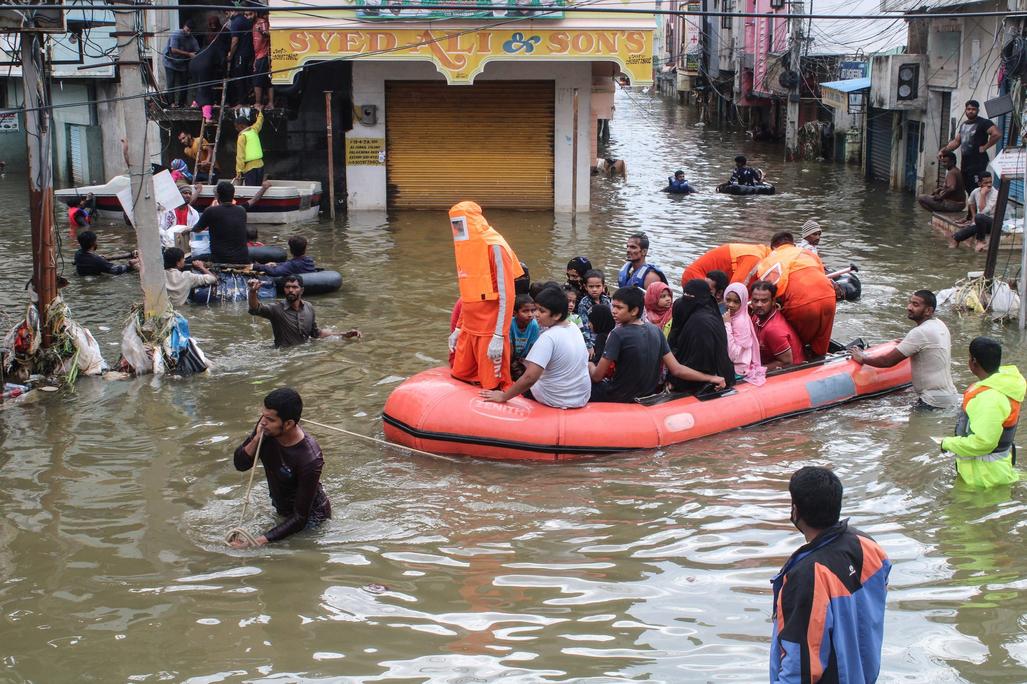
| Aspect | Summary |
|---|---|
| Origin | No single origin; regional influences, later cultural mixing |
| Global Flood Evidence | No scientific proof of a worldwide flood event |
| Flood Story Similarity | Variable and often distinct between cultures |
| Function of Myths | Cultural expression beyond historical record |
| Research Challenges | Difficulty linking myths to specific events reliably |
- Flood myths appear widely but lack a unified origin or proof of a global event.
- Mesopotamian stories influenced neighbors; later mixing occurred via missionaries.
- Legends serve varied cultural roles beyond recounting history.
- Scientific and historical evidence do not confirm a single Great Flood.
- Careful analysis is needed to avoid forcing connections between myths and events.
Do historians have a consensus on the origin of the ‘Flood Myth’?
The short and straightforward answer is: No, historians do not have a clear consensus on the origin of the ‘Flood Myth’. While it’s tempting to think everyone around the world retells the same ancient flood story, the reality is far more complex. Let’s dig deeper into why this is so and explore the fascinating layers beneath what might seem like a straightforward myth.
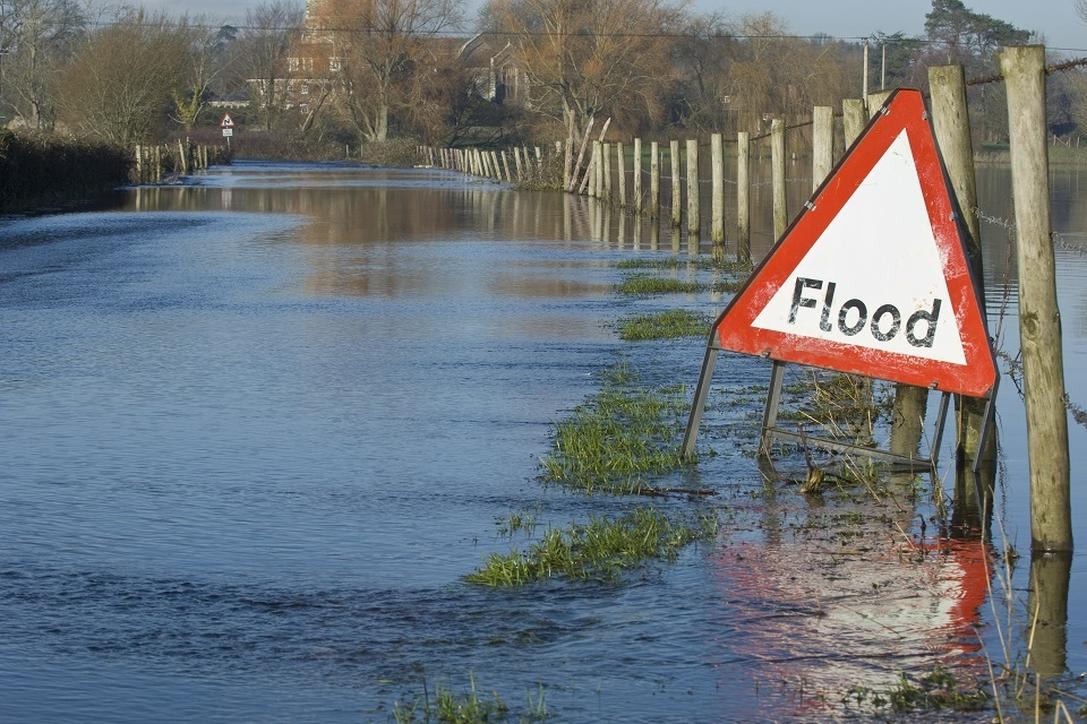
From Mesopotamia to Australia, many cultures share tales of massive floods. However, placing them into one neat box as echoes of a singular Great Flood event scratches only the surface.
The OG Flood Story: A Mesopotamian Starting Point?
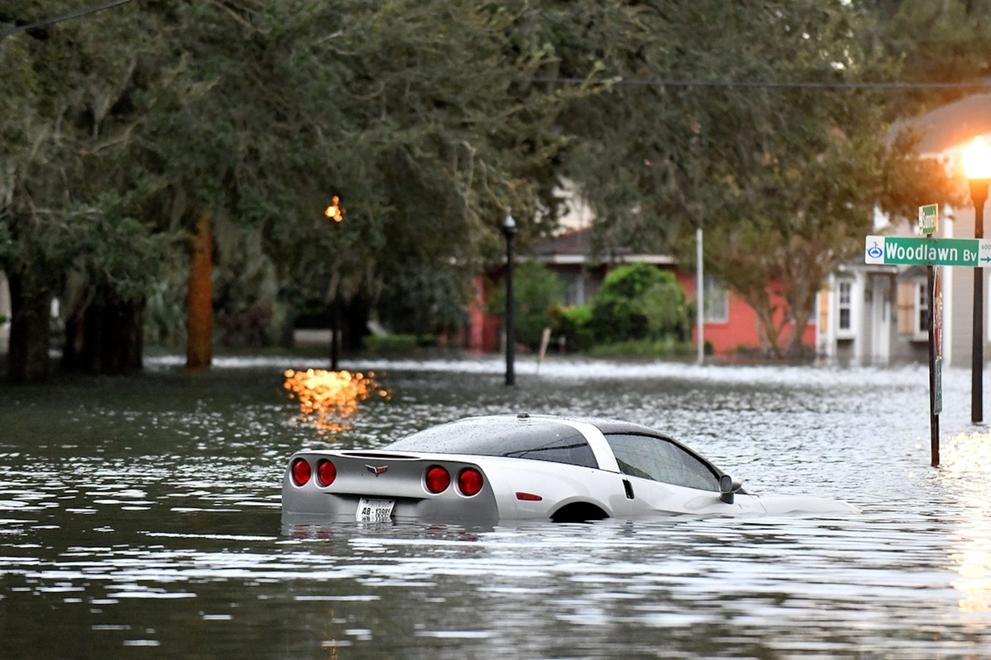
Most scholars agree there was a foundational flood narrative in ancient Mesopotamia. This tale likely inspired various stories in nearby cultures. But here’s the twist: the flood myths didn’t just bubble up spontaneously in separate places. Instead, they spread more widely later on.
In fact, the global flood narrative gained major traction after Christian missionaries started traveling in the 16th century. They carried Biblical flood stories with them. These narratives mingled with local legends in different regions — some by chance, others by a little rhetorical flair.
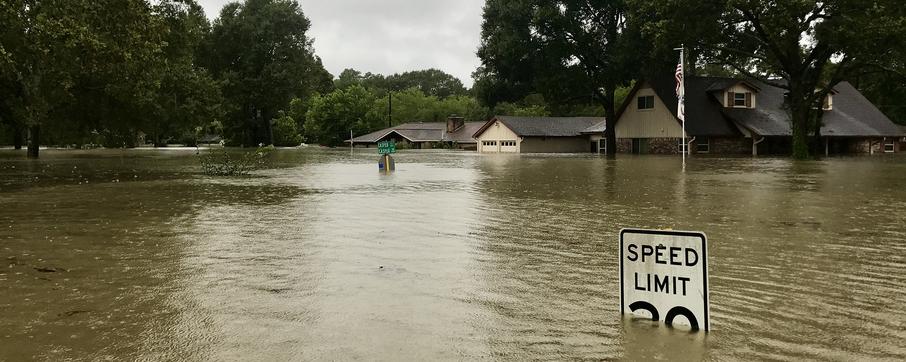
So, when people study old documents or stories from that era, they sometimes mistakenly infer a shared global flood legend stretching back thousands of years. But this spread was more like a cultural remix during the early modern period than a singular, ancient origin.
The Science Says: No Evidence of a Great Flood
It’s easy to see why many jump to the idea of a “Great Flood” — after all, water covers much of the Earth, and floods happen often enough. But scientific evidence strongly suggests that a global cataclysmic flood never happened.
Beyond that, the flood stories themselves aren’t that aligned. They differ widely in details, characters, and moral lessons. The similarities often touted are broad and vague: water rises, humanity faces destruction, a hero or group escapes, and life starts anew.
With such variations, it seems many modern interpreters try to connect dots that really don’t belong together. Liquid connections, if you will.
Floods and Folklore: Are The Stories Always Real?
Here’s a question: When people tell flood tales, are they recounting real events? Sometimes maybe, but not always. Many legends arise without any direct link to actual historical events.
Just because a flood happened near a community doesn’t mean the story that gets passed down is a factual memory. Humans tell stories for many reasons — entertainment, moral teaching, identity formation. Not every legend has to be a history report.
This calls for caution. Two “dots” — a flood and a flood story — don’t automatically connect. How do we know they’re talking about the same thing? Historians and anthropologists want more than that.
A Cautious Approach: Connecting More Than Two Dots
Connecting flood myths to actual events requires more evidence. One standout example is the analysis of Australian Aboriginal stories about lost islands submerged due to post-Ice Age sea level rise.
This study tracks a myth that accurately reflects an environmental shift that happened around 10,000 years ago. This story holds more dots — geography, archaeology, oral tradition — connecting them in a convincing way.
Still, even in this impressive case, scholars exercise caution. Decades of research confirm that people often tell stories without a concrete “core” event. A legend can grow from imagination, cultural needs, or symbolic meanings rather than direct memories.
Why So Many Different Myths Then?
If there is no consensus or single origin, why do floods appear so often in myths worldwide? Perhaps floods are universal experiences. Floodwaters can devastate and transform environments suddenly and dramatically. They leave marks on human memory and psyche.
But people’s reaction to floods isn’t uniform. Different societies interpret, narrate, and moralize those experiences according to their values and surroundings. That’s why flood myths exist — but don’t all come from the same story.
What Now? Should We Disregard the Flood Myth?
Not at all. While historians lack consensus on one origin, flood myths remain powerful cultural symbols. They reveal a lot about human creativity, fear, hope, and survival instincts.
Understanding that no single “Great Flood” created all flood stories frees us to appreciate the diversity of legends. And it encourages examining each story on its own terms and cultural context.
Plus, it’s fun to think that people long ago might have heard about local floods. They turned those experiences into tales — some frightening, some hopeful. Maybe the stories got tangled up over time because of explorers, traders, and missionaries sharing their tales.
Ultimately, the ‘Flood Myth’ teaches us about humanity, not just water.
It’s a reminder that stories flow like rivers — twisting, splitting, and sometimes rejoining. We shouldn’t rush to believe all flood tales share the same source. Instead, we should celebrate how they connect different cultures through shared experiences, all while remaining unique reflections of their people.
In that watery weave, historians continue to search for more “dots.” They do so carefully, aware that sometimes stories exist purely because storytelling is a human universal — a timeless way to make sense of the world.
Do historians agree on a single origin of the Flood Myth?
No, historians do not agree on one origin. The Mesopotamian flood story influenced some others, but global flood myths mostly emerged after 16th-century Christian missionary contact.
Is there evidence that the Flood Myths reflect a real Great Flood event?
There is no solid evidence of a single Great Flood. Smaller flood events likely inspired some stories, but linking all flood legends to one event is uncertain and debated.
Why is it difficult to link flood stories directly to actual floods?
People create many legends with or without real events behind them. Just because a flood story exists near a flood-prone area doesn’t prove a direct connection.
Are all flood myths very similar across cultures?
No, they vary widely. Some modern attempts to connect these stories often force links where none exist. The differences suggest multiple independent origins.
Have any flood stories been reliably connected to historical sea-level changes?
Some Australian tales about lost islands match sea-level rises after the Ice Age. These cases use several points of evidence, making connections more credible than simple comparisons.
